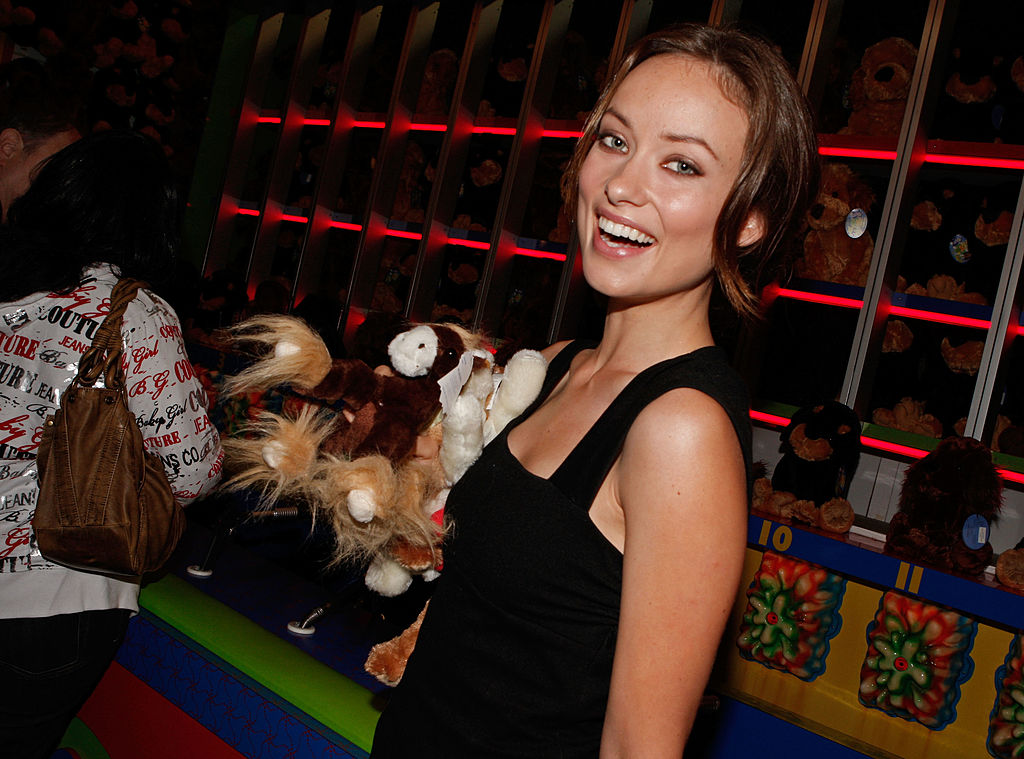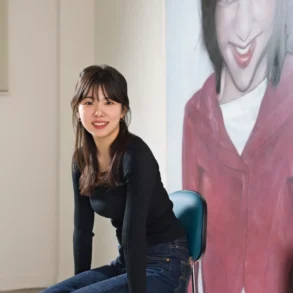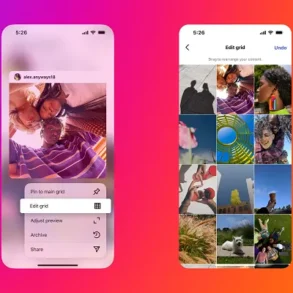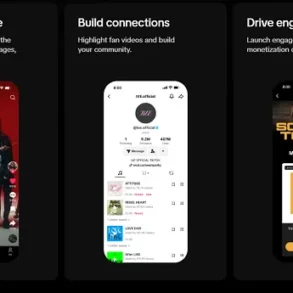
Hollywood star Olivia Wilde warns social media and the embrace of fame pose an existential threat to filmmaking as a storytelling art.
“Directors have to decide at a certain point do you want to be a celebrity or an artist. Because of social media, it’s becoming even more combined to something that is quite dangerous for the art form.,” Wilde said while taking part in an informal conversation at the Red Sea Film Festival on Saturday.
“When you conflate filmmaking or acting with large scale acceptance, you immediately cut off every opportunity to do any risky work. So it was important to me to never become overly focused on being accepted or loved,” she added.
To get away from the Hollywood bubble, the actor-turned-director told the Red Sea Film event she remains inspired by film from far-flung countries not dominated by social media and clichés. “I’m so interested in films coming from a society that has been indoctrinated with the same amount of cliché material,” Wilde said as she talked about social media increasingly shaping Hollwood movies and TV series.
As a dual U.S.-Ireland citizen, and having gone to acting school in Dublin, Wilde added her “real dream” is to make a film in Ireland. Her Irish roots spring from her parents. Her father, Andrew Cockburn, is a journalist born in London and raised in Ireland, and her mother, Leslie Cockburn, is a 60 Minutes producer and journalist.
Growing up in Washington, D.C., Wilde recalled her home having an edit suite in the basement as her parents also made documentaries, along with doing print journalism. “I always wanted to make my own films, learn how to edit and learn how to write. But for many young woman, when we love stories, we’re told you should be an actress. And young boys who say they love movies are told you should be a director,” Wilde remembered.
Seeing her mother make her own way in a male-dominated media world was a career inspiration for Wilde growing up. “It was if you’re not shattering some glass ceiling, you’re really not trying hard enough,” said told the Red Sea event.
Early on, her love of films became a focus on performance and becoming an actor. So much so, Wilde was the first in her family not to go to college, as she instead moved to Los Angeles at age 18 years of age. “Making movies is impossible. Becoming an actors feels impossible, because you feel the competition. Anyone who actually does it is a little insane,” she recalled of her early days in Hollywood.
Her first roles included the series Skin and The Girl Next Door, before a recurring role on the American soap The O.C. Other credits included Alpha Dog and Turistas, and she had a breakout role in the medical drama House as Remy “Thirteen” Hadley.
That gave way to movie roles in Tron: Legacy, The Change-Up, Cowboys & Aliens and In Time. Ultimately, Wilde waited until she was 34 years of age before she getting into the director’s chair.
The longtime actress made her feature directorial debut with the coming-of-age comedy Booksmart. “The energy of a first-time filmmaker is limitless… It was the most exciting experience, because I couldn’t believe I was actually getting to make my own film. And I was so honored everybody showed up,” Wilde recalled.
She acknowledged most debut films are not box office hits, as was Booksmart. “I just got really lucky. The movie was made at the right time and spoke to people,” Wilde recounted. She then went on to direct the 2022 thriller Don’t Worry Darling, starring Florence Pugh and Harry Styles.
“I only choose things that are more challenging than the last thing I did. I feel bored otherwise,” Wilde recalled, not least in needing to get out of her comfort zone in part by having to be in character in a role and directing on set at the same time.
Wilde still acts in part because it feeds her learning the ropes as a director. “For me acting is like espionage, because I get to see another director’s set. And most directors never get to see other directors directing, ever. I get to watch people I really respect direct,” she said.
Wilde emphasized that her main goal is to make more movies as an art form. “I don’t make movies so people love them. I want people to enjoy them. But I think it’s a losing game if you’re trying to make everybody’s favorite movie,” she warned. “Success is about being connected to creating something that is true to the idea that you have as an authentic extension of you, not about whether people approve of it.”
This post was originally published on this site be sure to check out more of their content







